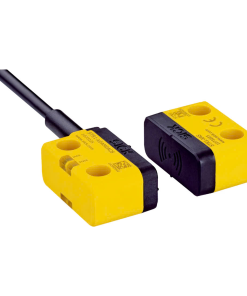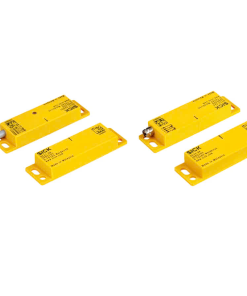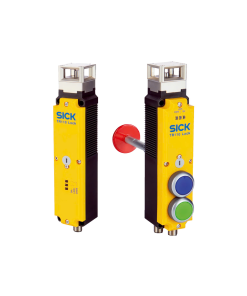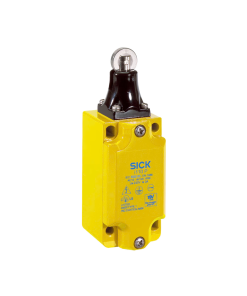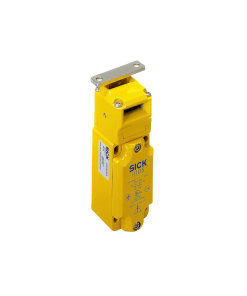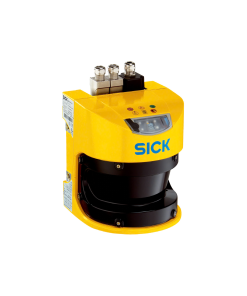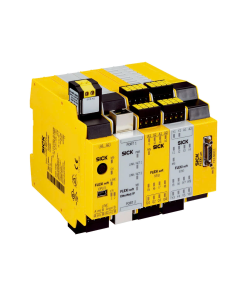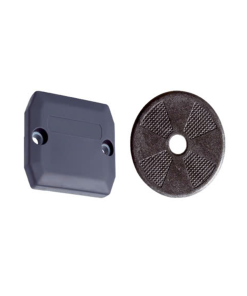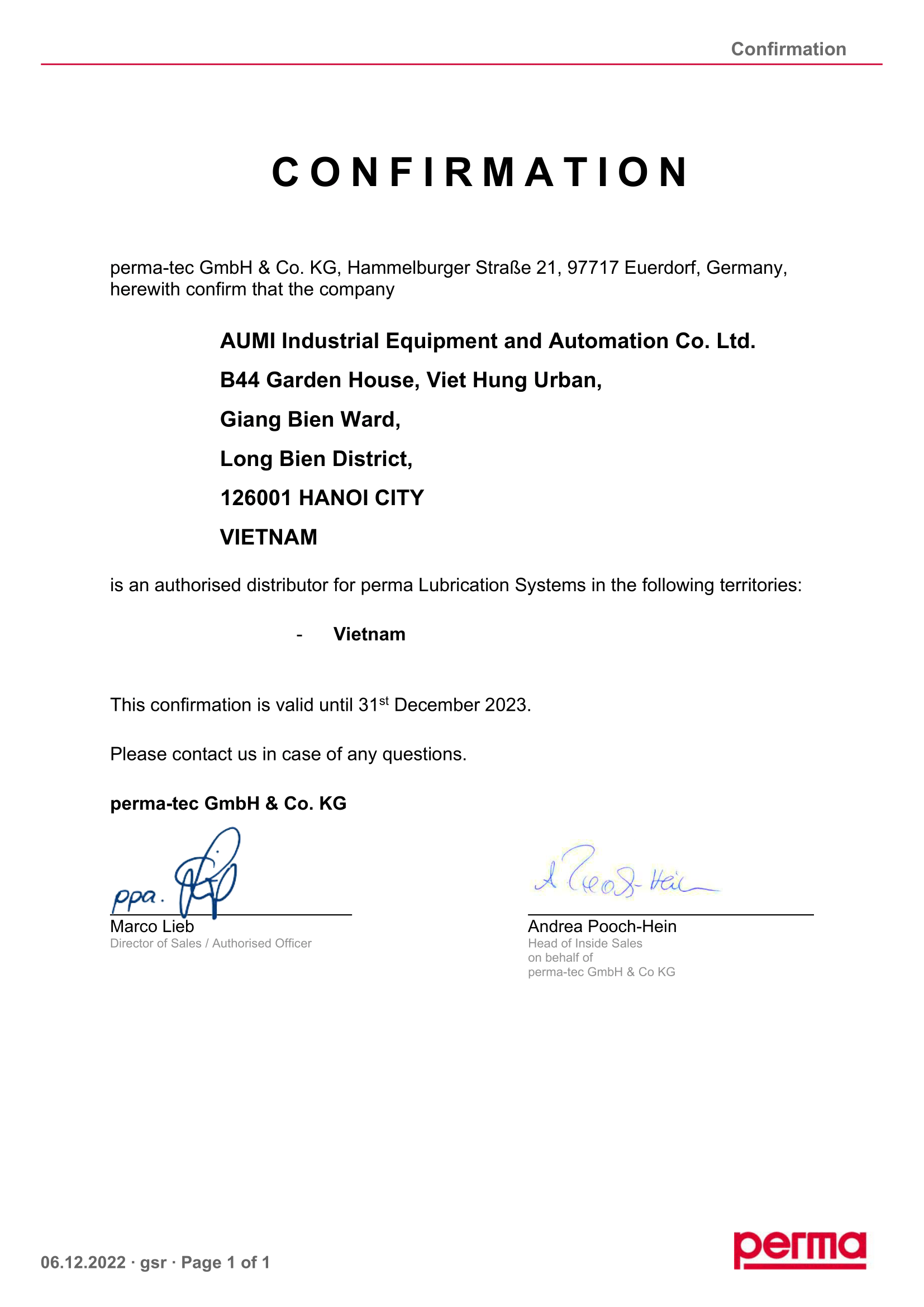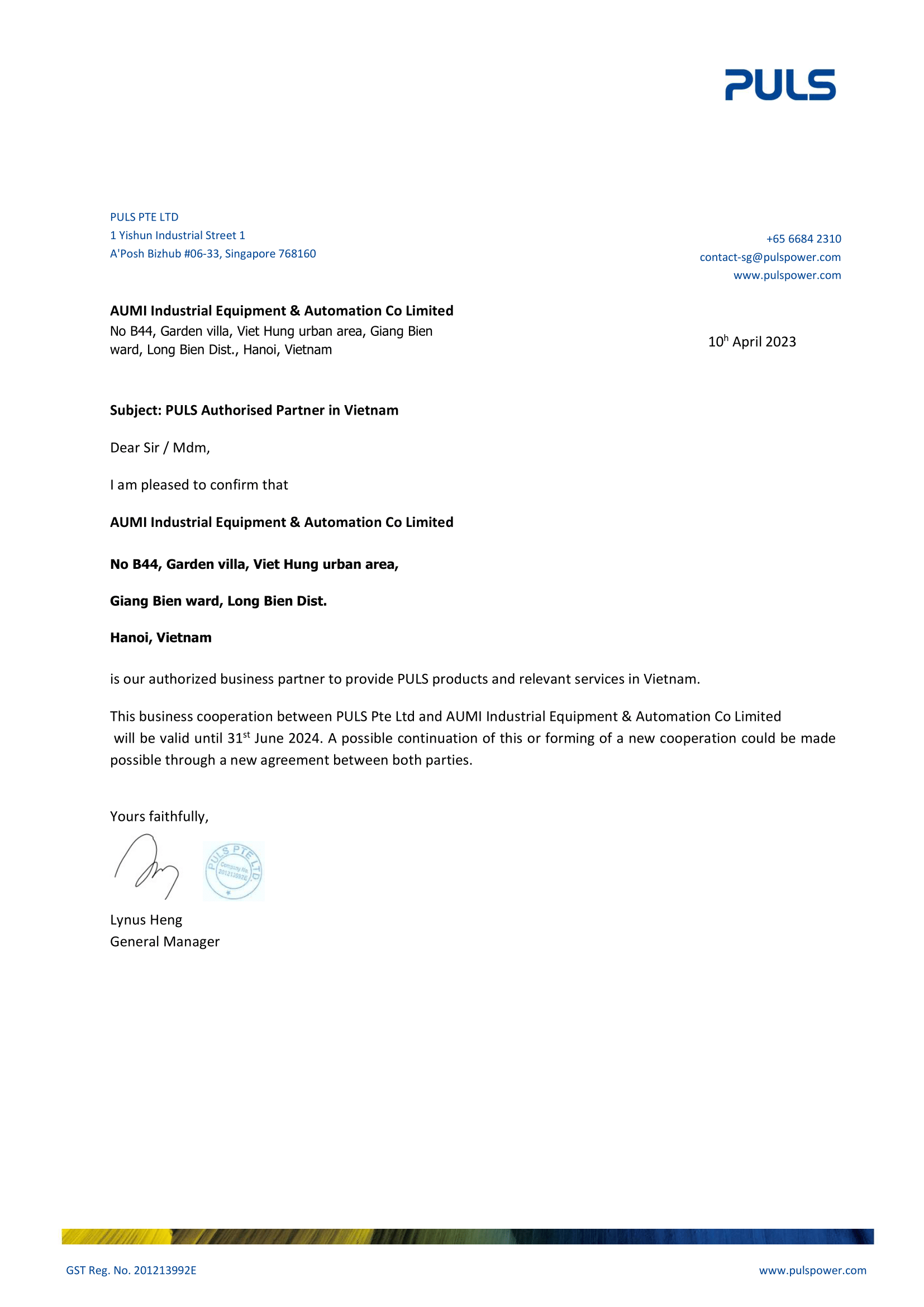SALE
- Free, safe access to cooperative robot applications for less downtime, optimal work processes and high productivity.
- Highly flexible and future-proof solution thanks to easy tailoring of the systems to the specific robot application and production environment.
- Documentation with wiring diagram, SISTEMA file and operating instructions.
- Automated robot restart possible.
- Performance level (PL) d.
SALE
- With the certified safety system for material feeding, you save time and money: An additional safety assessment is not necessary, and elaborate mechanical protection systems are not required.
- Implement the system in tight spaces thanks to the very compact sensor housing.
- Certified up to PL d (EN ISO 13849), performance class D (IEC/TS 62998).
- High sensor availability in a miniature housing.
- Reliable object detection, remission factor: 6% to 90%.
SALE
Sick
- High level of flexibility when mounting the sensor and actuator.
- Reduced need for storage, as one sensor is suitable for a wide range of different applications.
- High level of manipulation protection due to individually coded actuator.
- PL e (EN ISO 13849), SIL3 (IEC 61508).
- Safe series connection of up to 30 sensors possible.
SALE
Sick
- Long service life due to durable and low-maintenance design.
- Just one safety switch in conjunction with a suitable safety module makes it possible to solve applications up to PL e and Cat. 4 (EN ISO 13849).
- Response range of up to 9 mm.
- 2 or 3 contacts.
- LED status indicator (RE27).
SALE
- High level of machine availability due to a rugged metal locking head and high locking force.
- High coding level of the actuator fulfills the requirements of EN ISO 14119 on manipulation protection without additional measures.
- Locking force: up to 3,900 N.
- Actuator with high coding level (EN ISO 14119).
- Enclosure rating: IP67, IP69K
SALE
- Standard device design provides quick and easy mounting.
- High availability due to rugged metal housing.
- Standardized metal housing.
- Roller plunger with stainless steel roller.
- 1 M20 x 1.5 cable entry gland.
SALE
- Standard device design provides quick and easy mounting.
- Rugged metal housing provides increased machine reliability, even when the guard has a mechanical offset.
- High availability and safety due to the cone shaped alignment aid.
- Slow-action switching elements with four contacts.
- IP 67 enclosure rating.
SALE
- Easy installation, commissioning and maintenance.
- 270° scanning angle allows allround protection using only two scanners.
- Up to 3 m protective field range.
- Up to 48 freely configurable fields and 16 switchable field sets.
SALE
- Standardized integration in FPLC controllers thanks to GSDML generic station description.
- Large protective field range of 7 m enables a large variety of applications.
- 4 m, 5.5 m or 7 m protective field range.
- 4 switchable field sets.
SALE
- Easy integration due to compact design.
- 270° scanning angle allows allround protection using only two scanners.
- Up to 3 m protective field range.
- EFI interface for safe SICK device communication.
SALE
- Intuitive configuration software featuring comprehensive functions for straightforward engineering.
- Rapid verification of the safety application: The configuration software provides documentation and a wiring diagram.
- Safe controller networking with Flexi Line.
- Safe series connection with Flexi Loop.
- Safe drive monitoring.
SALE
- Low price and maintenance-free.
- Standard-compatible transponders enable future-proof solutions.
- Mounting on various materials possible, even on metallic surfaces.
- Ambient temperature range from −40 °C to +230 °C.



